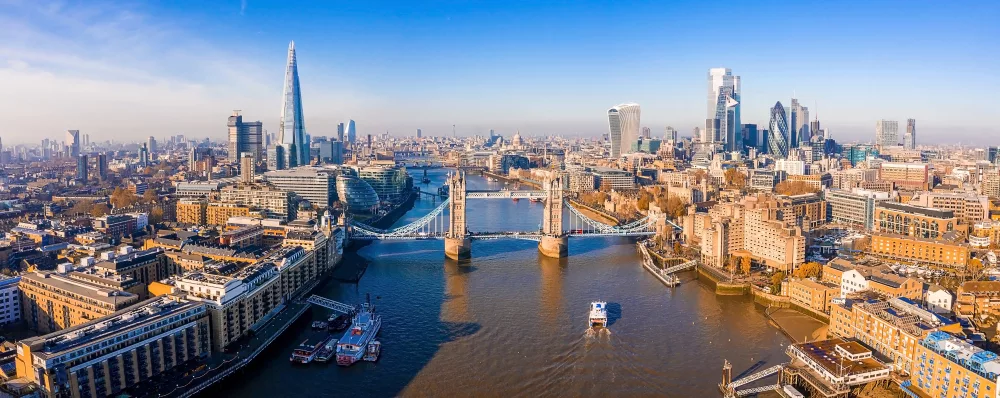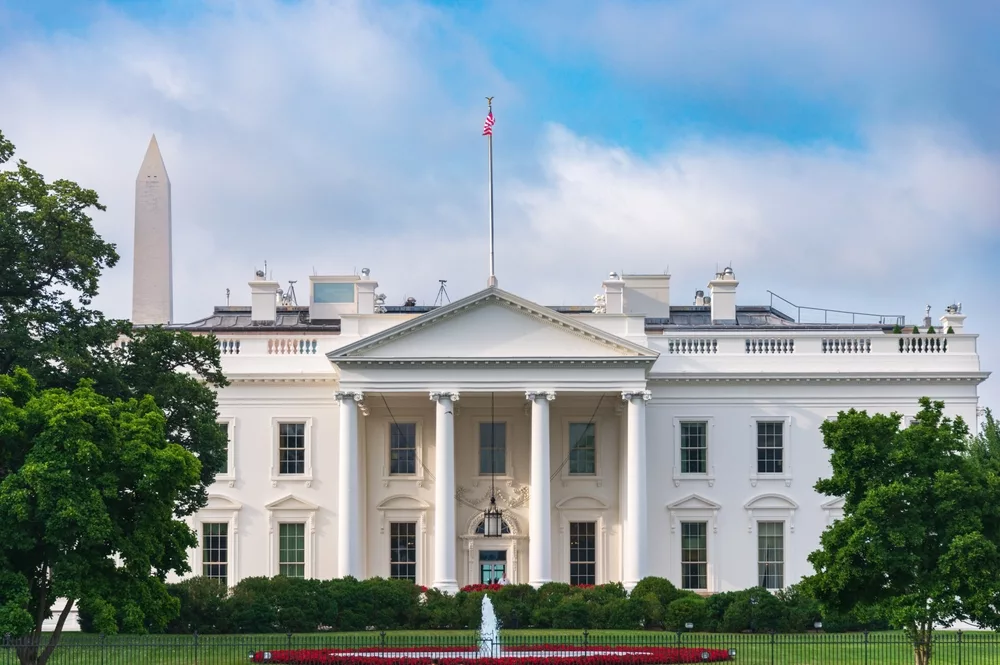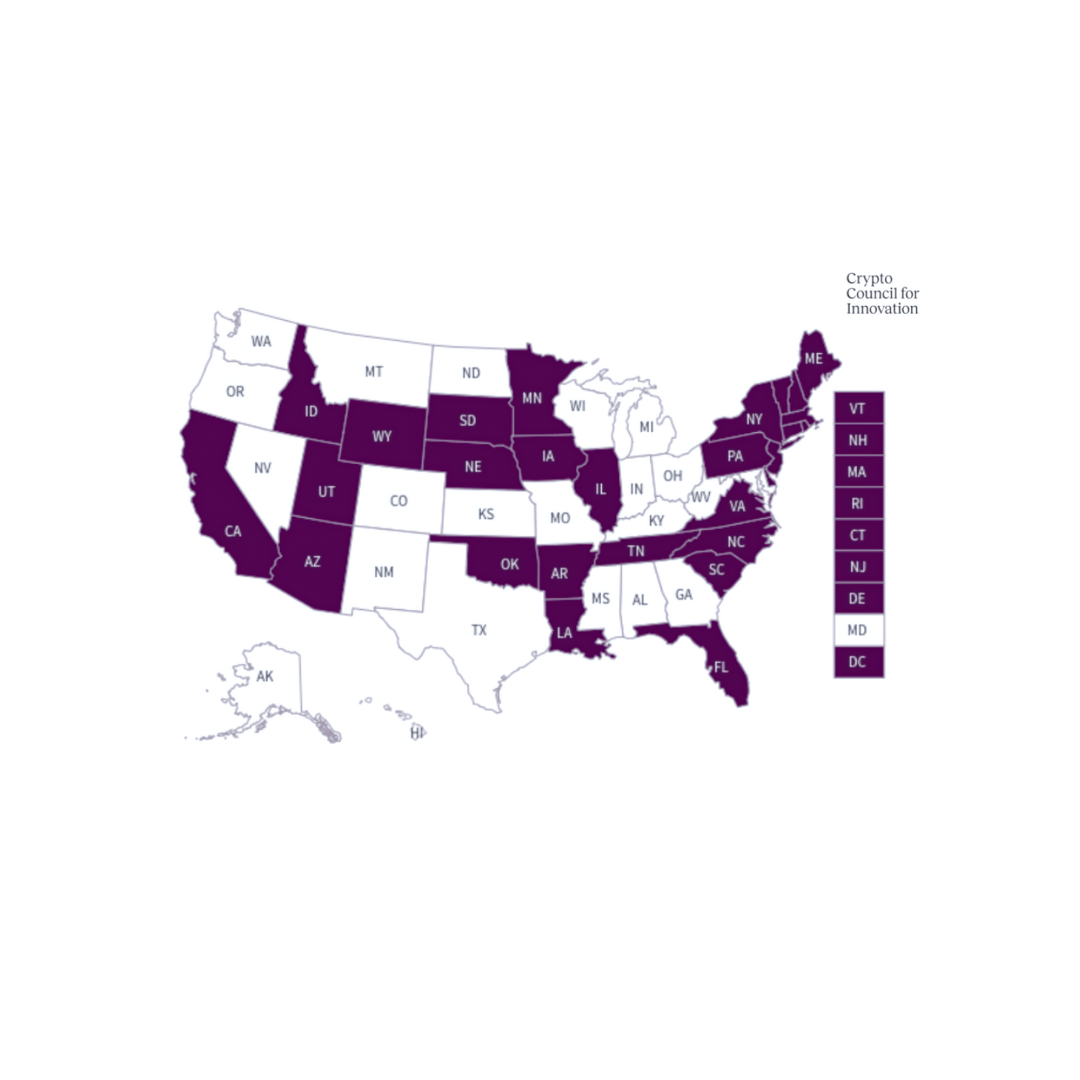
Summary
- On May 23, British Prime Minister Rishi Sunak announced that the UK would go to the polls on July 4.
- Sunak’s center-right Conservative Party is widely expected to lose to the center-left Labour Party, ending 14 years of Conservative rule.
- In terms of crypto policy, promised legislation on stablecoins has stalled until the new parliament is formed.
- The change of government offers a good opportunity for the crypto industry to collaborate with an incoming group of new and likely dynamic legislators.
Why did Prime Minister Sunak call a snap general election?
The UK was scheduled to go to the polls during 2024. Parliament can sit for a maximum of five years, after which it is automatically dissolved. Sunak had until December 17 to call an election and had already intimated that he would choose a date in the second half of the year. The date chosen is entirely at the discretion of the prime minister, and typically elections are held on Thursdays, though there is no legal grounding for this.
In terms of legal procedure, Sunak took his request to King Charles III, who ultimately has the power to dissolve the country’s parliament. This takes place 25 working days before polling day, after which Sunak’s 23-member cabinet will run the country until the elections take place.
What happens now?
The announcement has given the parties little time to canvas for support. All parliamentarians (Members of Parliament or MPs) are now on the campaign trail, while party leaders like Sunak, are busy pushing manifesto policies and pursuing photo opportunities.
At least two televised debates will take place on national television between Sunak and Labour Party leader, Keir Starmer.
How does a British general election work?
General elections offer the opportunity to influence politics at the federal level. Voters (all registered adults over the age of 18) are given a choice of which candidates to vote for in their local area (known as a constituency), with the candidate receiving the most votes becoming the constituency’s MP. This person then sits in the lower house of Parliament – the House of Commons – representing their constituency for up to five years.
Which are the main political parties?
Most MPs represent one of several parties in the UK, although some stand as independents. The Conservatives and Labour have traditionally been the two primary parties. Historically, the center-left Liberal Democrats has operated as a third party, and was in power with the Conservatives after the 2010 election.
The Conservatives are facing competition from the right-wing Reform Party founded in 2018 as the Brexit Party, which is expected to undermine its voter base with its populist, anti-immigration platform. The two other major contenders are the environmentalist Green Party, and the social democratic Scottish National Party (SNP), which has governed the Scottish parliament since 2007. This parliament is different from the federal one, which is based in Westminster, London.
Which political party is expected to win?
Labour is expected to enjoy either a resounding victory that decimates the Conservatives or a strong win, again at the Conservative Party’s expense. A hung parliament – one in which no party secures a parliamentary majority of 326 (out of a possible 650) seats – is not expected, but can never be ruled out. In the event of a hung parliament, the party with the most seats typically approaches other parties to secure the requisite number through an alliance.
The Conservative track record since the Brexit vote in 2016 is largely responsible for the party’s demise. During the past eight years, politics has been turbulent, marked by increasingly populist rhetoric, policy backtracking, a failure to find solutions to perennial policy headaches, such as the state and funding of the public health service, and an unsettling rapid succession of ministerial changes, including to the post of prime minister. At the same time, the country has struggled with the pandemic’s tailwinds, the economy has faltered, the cost of living soared, and the party has become mired in allegations of sleaze and corruption.
Labour is the only real viable alternative to the Conservatives, although it may find its vote base undermined by voter support for the Liberal Democrats and Green Party.
Who is Keir Starmer?
Labour’s leader, Keir Starmer, is a former, well-respected human rights lawyer, and was the country’s chief prosecutor (2008-2013). He is regarded as a safe, serious pair of hands keen to redress the country’s systemic problems.
He has rebuilt a party that was in shambles after its worst electoral defeat in decades, precipitated in part by voters’ anger over its handling of the Iraq war. Starmer has changed the culture of Labour, shifting it more towards the center, and addressing – and publicly apologizing for – a long-running antisemitism scandal that has dogged the party since its previous leadership.
Starmer isn’t, however, universally popular, with his critics suggesting he lacks ideas as well as the charisma and stature to effectively lead the country.
What happens when the polls close?
Once voting ends at 22.00, the ballot papers are counted and the winning MP (and with them party) is announced for each constituency. The king asks the party that secures with the most MPs to form the new government, and its leader – at the king’s appointment – becomes the prime minister.
What should be on the crypto policy agenda?
In the event of a Labour government the CCI would like to see focus on these three areas.
- Clarity on existing regulation: specifically, further guidance on the Fin Proms regime – which has been fully in place since the start of 2024 – because implementation has proved challenging to our members.
- Securing stablecoin legislation: it is essential that the final legal instruments for the regulation of stablecoins are laid, to allow the regulators to consult and implement rules accordingly.
- A path to a broader cryptoassets’ regulatory regime: with other jurisdictions like the EU implementing regimes that cover the complete waterfront of cryptoassets, a Labour government must set out its vision for the regulation of digital assets, which also contemplates crucial facets of the ecosystem life DeFi and NFTs.
What is the outlook for crypto following the general election?
Sunak’s government repeatedly promised finalized stablecoin legislation before the middle of the year, but parliament’s dissolution on May 30 has left no time for this to take place. A change of government inevitably ushers in uncertainty, added to which Labour hasn’t made its position on crypto explicit.
That said, Starmer appears to be a considered and focused leader who is not expected to unpick the Conservatives’ work on crypto simply on principle. This makes it more likely than not that large pieces of legislation like that related to stablecoins will be allowed to continue. Additionally, the UK’s financial services regulator, the Financial Conduct Authority (FCA), is independent and retains its staff irrespective of any change in government, pointing to a further element of stability.
In the near term, the UK faces a number of significant problems, which Labour will want to be seen to be addressing from the outset. This suggests that crypto is unlikely to be high on the public agenda initially.
This doesn’t stop the industry from continuing its work. Collaboration is essential to creating the robust, innovative regulatory framework that the UK needs for its growing crypto sector, and the situation presents an opportunity for the crypto sector. With an influx of new MPs, the industry can develop fresh connections and raise awareness of the potential of the crypto ecosystem with a group of rising politicians.

























